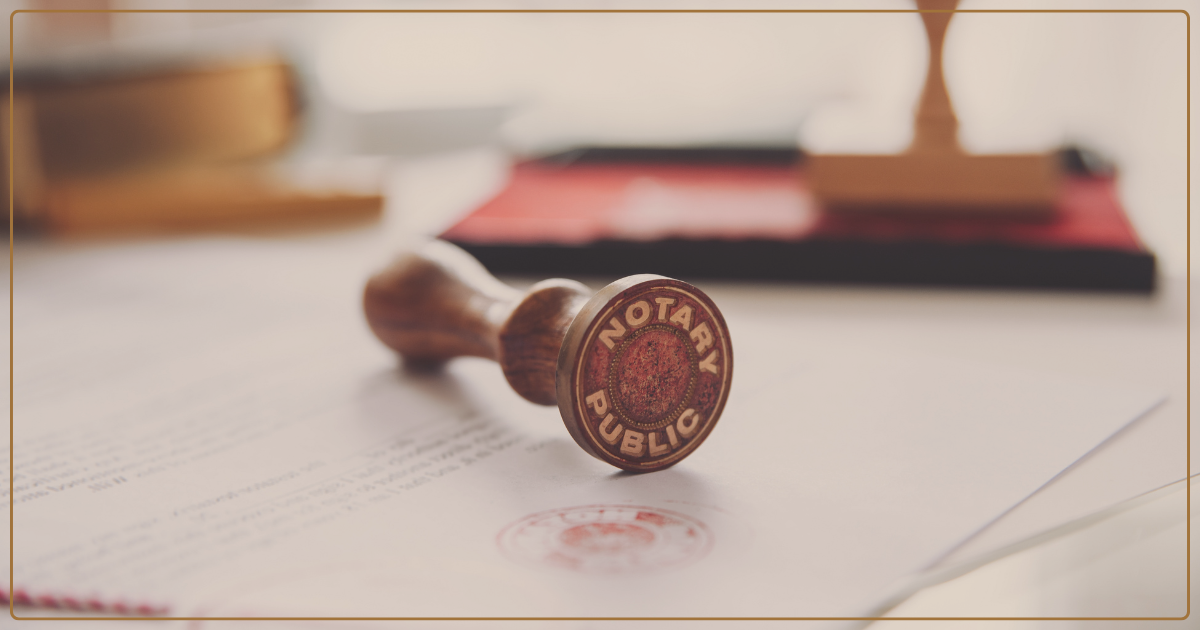
15 Sep What is a Valid Will in Florida?
A will is a document that determines who receives a decedent’s property when they pass away. Florida law requires that a will must be signed by the testator (the person writing the will) and two witnesses to be enforceable. The testator must either sign in front of the witnesses or tell the witnesses that he or she previously signed the will. The witnesses must sign together in the presence of each other and in the presence of the testator. The rules for the execution of wills can be found in Florida Statute 732.502.
It is not necessary for a will to be notarized for the document to be valid, however, notarized wills are preferred because they are easier to admit to probate court. A notarized will is referred to as a “self proved will.” When a will is not notarized, a witness to the will must make a statement to the probate court confirming that they witnessed the will. When a will is notarized, a witness statement is not required. As a result, it is a best practice to have wills notarized whenever possible. The rules for self proved wills are outlined in Florida Statute 732.503.
If you have lost a loved one who either was a resident of, or owned property in the the State of Florida, and need assistance with Florida Probate, CLICK HERE, to schedule a consultation with a Florida Probate Attorney.
We serve clients throughout Florida, including, but not limited to, those in the following localities: Alachua County including Alachua, Archer, Gainesville, Hawthorne, High Springs, and Newberry; Bay County including Panama City

Sorry, the comment form is closed at this time.